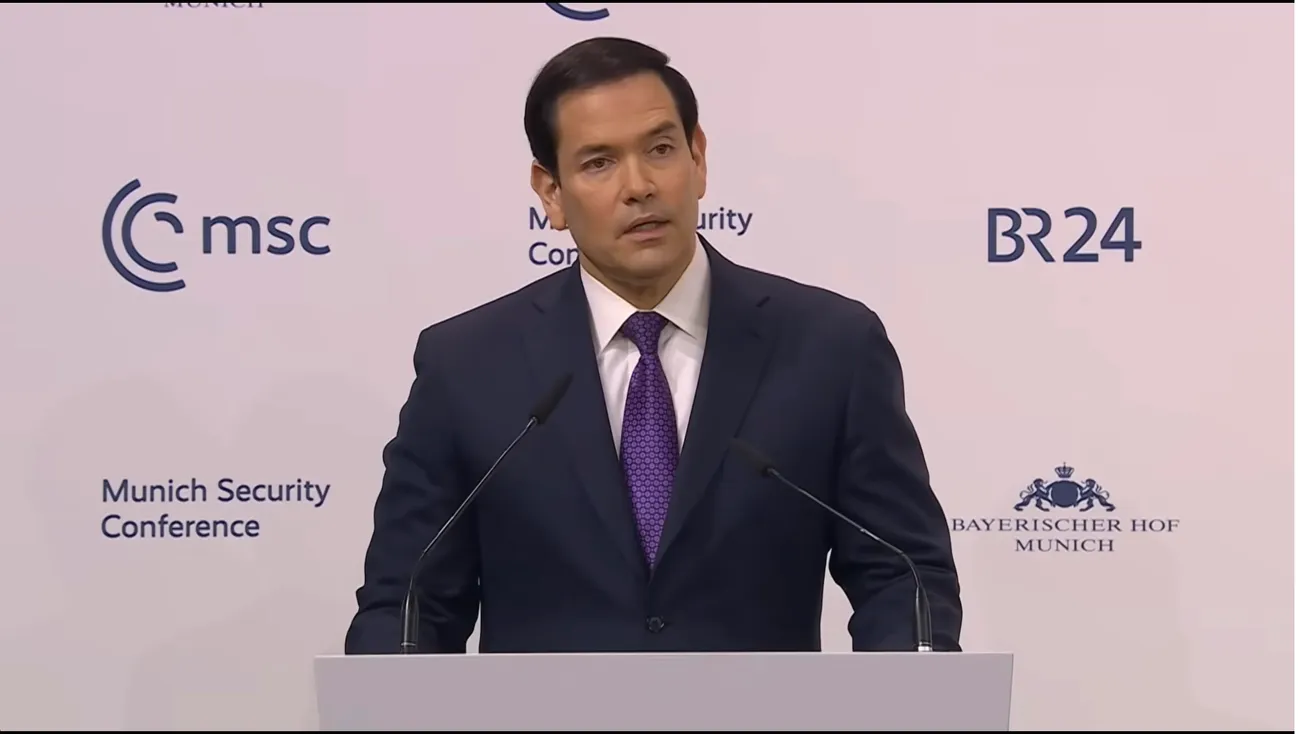Hospitals in Pakistan are overcrowded with dengue fever patients, and their numbers are still increasing by the day. Cholera, diarrhea and dysentery are also spreading in the displacement camps due to lack of clean water. This is the price of not building the long-needed water infrastructure—including TVA-type projects—and allowing a flood to ravage Pakistan last month.
Julien Harneis, the UN Resident Coordinator and Humanitarian Coordinator in Pakistan described to journalists on Oct. 3 a second wave of death and destruction from the outbreak of diseases, including malaria, dengue, diarrhea, and scabies and other skin diseases. The first wave was from the wide-scale destruction of roads, bridges, homes and other infrastructure.
Around 1,700 people have died, according to United Nations reports, with about one-third of them being children. About 12,800 have been injured and 7.9 million displaced from their homes. Harneis explained that the wave of diseases was only the beginning, as millions of children are suffering from acute malnutrition. The UN Children’s Agency (UNICEF) said at least 3.4 million children need immediate lifesaving support.
Harneis reported people are getting ill and dying from lack of health, nutrition, water and sanitation services, and lack of access to latrines across the flooded-affected areas. “People who are defecating in the waters and then drinking from those same waters. Children who are washing in those waters. So, that is the driver of illness and disease and at the same time more than 1,700 health facilities and hospitals have either been destroyed or damaged,” he said.
Hence, the unnatural core of the natural disaster of the flood.
Yet another unnatural problem is the threat of food insecurity. The World Food Program and the Food and Agriculture Organization estimate that hunger in Pakistan is at 5.9 million, now growing to 7.2 million. Harneis announced that the UN has revised the cost of their lifesaving efforts to $816 million.
Meanwhile, Nigeria’s Center for Disease Control declared an alert yesterday over the Ebola outbreak in Uganda, and the “high” likelihood of its spread into Nigeria. The particular strain hitting Uganda appears to be rare and has caught health authorities there off guard. The vaccine developed for the Ebola strains of 2014-2015 does not work for this rare strain. (It is being called the “Sudan” Ebola, as it most closely resembles what struck Sudan and Zaire in 1976.) Nigeria has placed its national system for detecting Ebola infections on “alert mode.” It cited its experience in dealing with the 2014 outbreak, saying that their technology, trained medics and testing capacities are ready.


